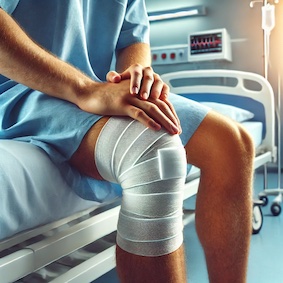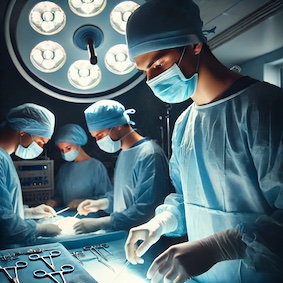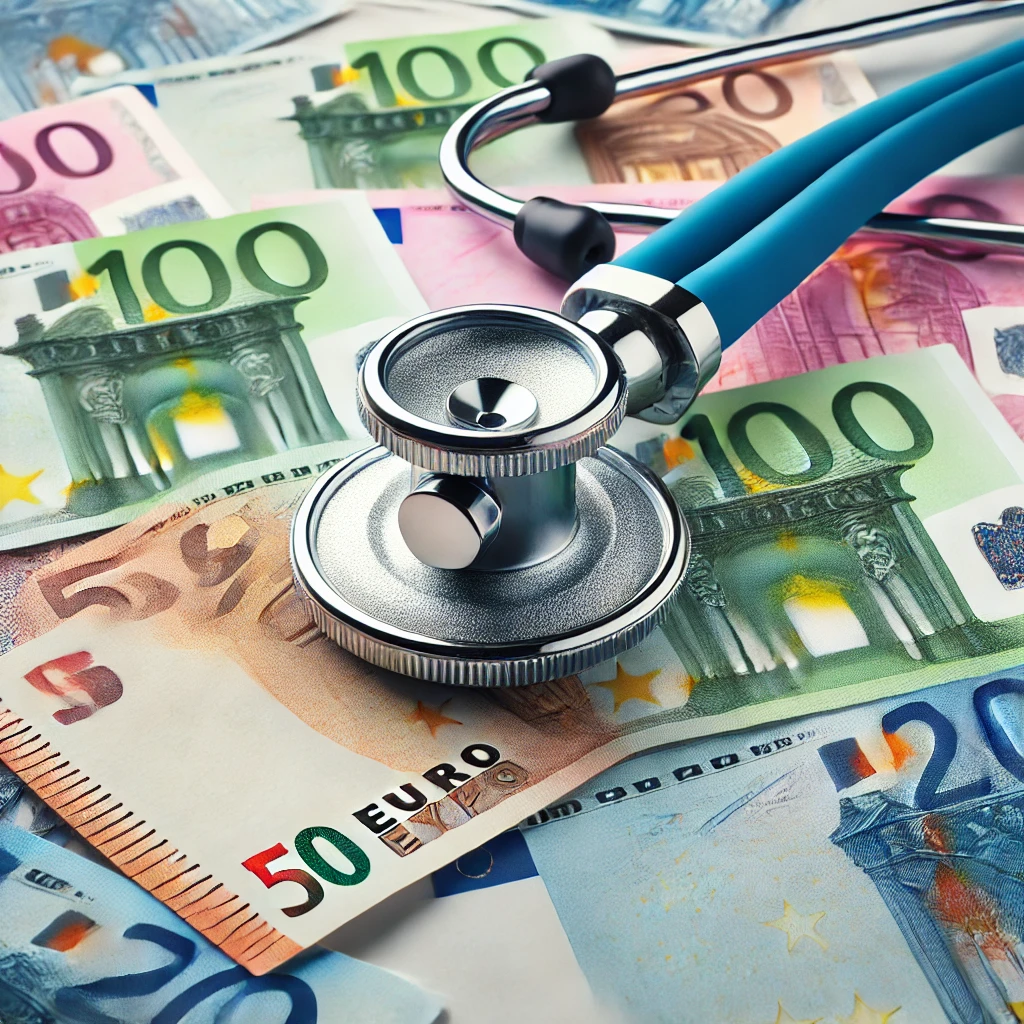Undergoing diagnostics abroad offers patients access to cutting-edge medical technology, highly qualified specialists, and a comprehensive, personalized approach. Germany stands out as a leading destination, with clinics equipped with the latest medical devices and internationally certified experts. Thanks to strict quality standards and innovation, patients benefit from precise results and timely treatment planning.
Why Choose Diagnostics Abroad?
Many patients choose international diagnostics for a number of compelling reasons. Leading clinics, especially in Germany, offer multidisciplinary care in one place. This means a patient can consult a cardiologist, oncologist, neurologist, and other specialists under one roof — saving time and improving diagnostic accuracy.
German clinics also provide access to innovative tools, such as smart diagnostic monitoring devices that sync with mobile apps, offering real-time health tracking and improved care transparency. These advances help detect health issues early and support more effective treatment decisions.
State-of-the-Art Equipment in German Clinics
One of Germany’s key strengths is its use of modern diagnostic technology. Among the most important tools are:
- High-resolution MRI scanners – enabling detailed imaging with minimal margin of error.
- PET-CT systems – essential for early cancer detection and treatment monitoring.
- Molecular-genetic labs – providing genetic analysis to identify disease risks and guide preventive strategies.
This level of technology improves diagnostic accuracy and helps physicians design highly individualized treatment plans.
International Certifications
Most leading German clinics are certified by global institutions such as the Joint Commission International (JCI), which ensures adherence to the highest safety and quality standards. These certifications provide reassurance — especially for patients with rare or complex conditions.
Specialized Experts Across All Fields
Medical diagnostics in Germany is performed by internationally trained specialists who frequently participate in research and advanced clinical programs. Cardiologists, oncologists, neurologists, and reproductive health experts work in interdisciplinary teams, ensuring patients receive the best possible care. This level of collaboration leads to greater diagnostic precision and lower error rates.
Access to Innovative Methods
Many German clinics are also involved in international clinical trials and research, giving patients access to diagnostic methods not yet available in other countries. This can include AI-based image analysis, digital biomarkers, or experimental technologies. Such access improves early detection and expands treatment options for patients worldwide.
Common Types of Diagnostics in Germany
Preventive Check-Up Programs
German clinics offer full-body medical check-ups that include lab tests, imaging, and consultations. These programs help detect cardiovascular disease, early-stage cancers, and other silent conditions — all while providing personalized lifestyle advice and preventive recommendations.
Early Cancer Detection
Accurate and early cancer diagnosis is critical for successful outcomes. German clinics use:
- PET-CT scans to detect and stage tumors with high precision.
- Tumor marker analysis for identifying cancer-specific proteins in blood tests.
- Biopsies with robotic assistance to improve accuracy and minimize tissue damage.
These tools allow oncologists to build precise, individualized treatment plans based on solid diagnostic evidence.
Cardiology Diagnostics
German cardiology departments offer modern tools such as:
- ECG and Holter monitoring for heart rhythm evaluation over 24 hours or longer.
- Coronary angiography to assess arterial blockages.
- Stress testing to monitor cardiac performance under physical load.
Results are used to develop personalized prevention and treatment strategies, especially for patients at risk of heart attack or stroke.
Fertility and Reproductive Diagnostics
German reproductive centers offer thorough evaluations to identify the root causes of infertility. Services include:
- Hormonal testing
- Genetic screening for inherited conditions
- Assessment of reproductive organ function (ultrasound, sperm analysis, etc.)
These diagnostics support personalized fertility treatment plans such as IVF or IUI, based on each couple’s unique profile.
Preoperative Assessments
Before any major surgery, German clinics conduct a full medical workup to reduce risks and speed up recovery. This includes:
- Blood and urine analysis
- Cardiopulmonary function testing
- Advanced imaging (CT, MRI)
All findings are reviewed by the surgical team to ensure safe and optimal patient outcomes.
How to Arrange Diagnostics in Germany
The diagnostic process can be efficiently managed with proper guidance. AskGermanDoc supports patients every step of the way:
- Selecting a clinic: Based on your condition, preferences, and budget, the team helps you choose a suitable medical center.
- Preparing your medical records: Ensure all lab reports and imaging results are translated into German or English.
- Booking the diagnostic services: AskGermanDoc arranges all appointments and confirms schedules.
- Undergoing diagnostics: Tests are performed promptly, and patients receive a detailed final report with medical recommendations.
Conclusion
Medical diagnostics in Germany offers a combination of precision, innovation, and international standards. From early cancer detection to fertility evaluation and cardiac diagnostics, patients benefit from cutting-edge tools and expert care. AskGermanDoc can assist you in organizing your diagnostic journey — from document translation to appointment scheduling — so you can focus on your health with confidence.
Disclaimer: This article is for informational purposes only and does not replace professional medical advice, diagnosis, or treatment. AskGermanDoc does not promote any specific medical services or guarantee specific outcomes. Always consult a licensed healthcare provider before making medical decisions.
Sources:
- Joint Commission International – https://www.jointcommissioninternational.org
- DKFZ – German Cancer Research Center – https://www.dkfz.de/en/
- German Federal Ministry of Health – https://www.bundesgesundheitsministerium.de
Disclaimer: The information provided in this article is for general educational and informational purposes only and does not constitute medical advice. It should not be used as a substitute for professional diagnosis, treatment, or medical consultation. Always seek the advice of qualified healthcare professionals regarding any medical condition or treatment. AskGermanDoc does not promote or advertise specific medical services, physicians, or therapies.



